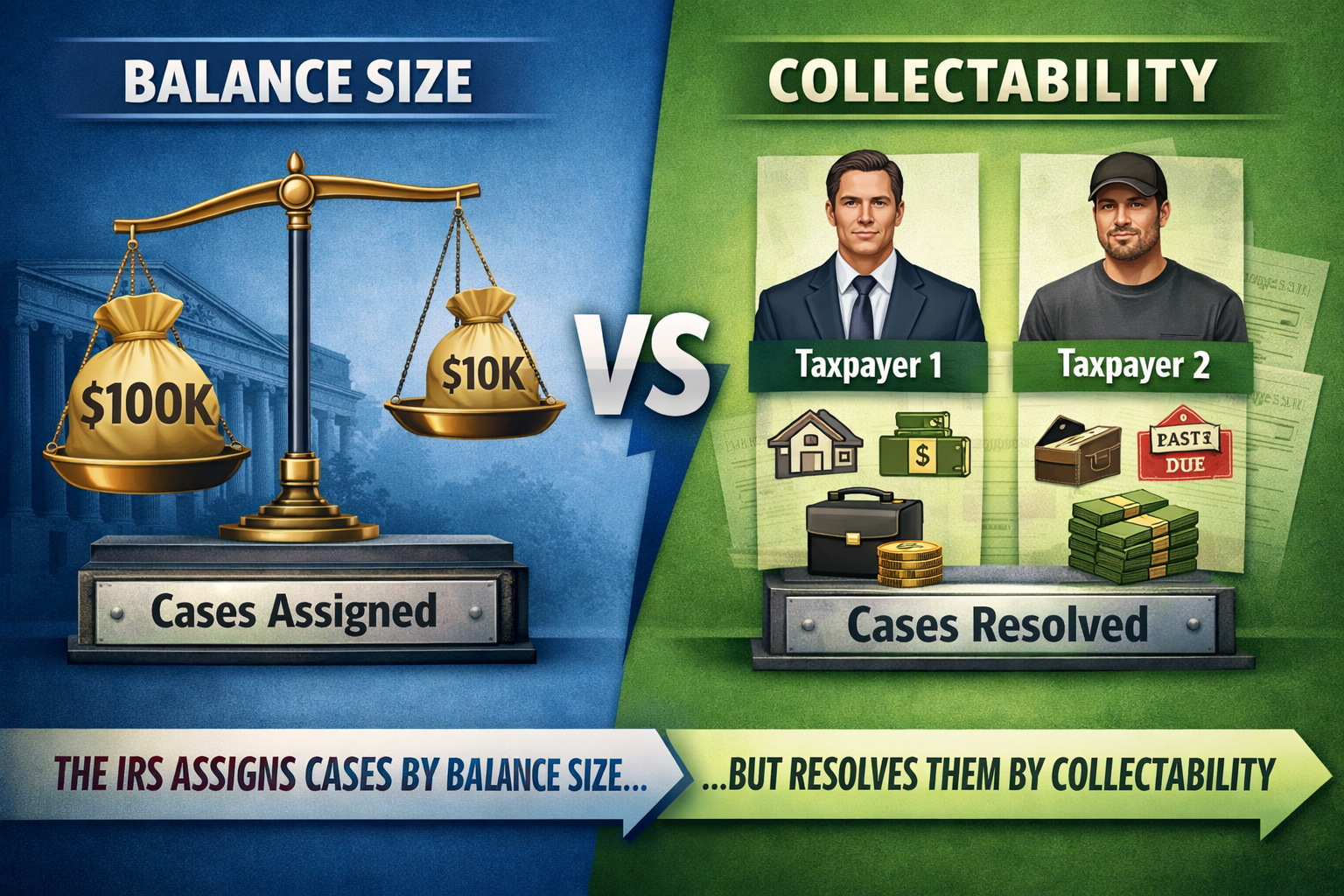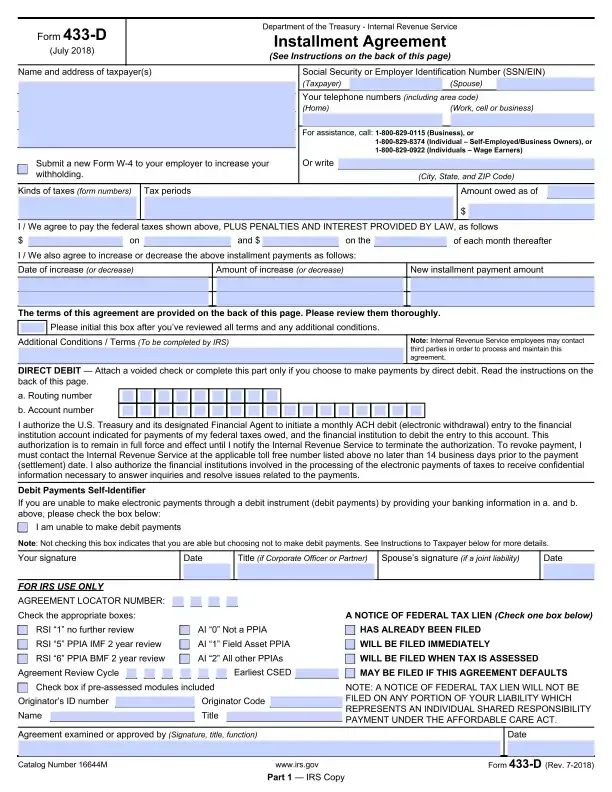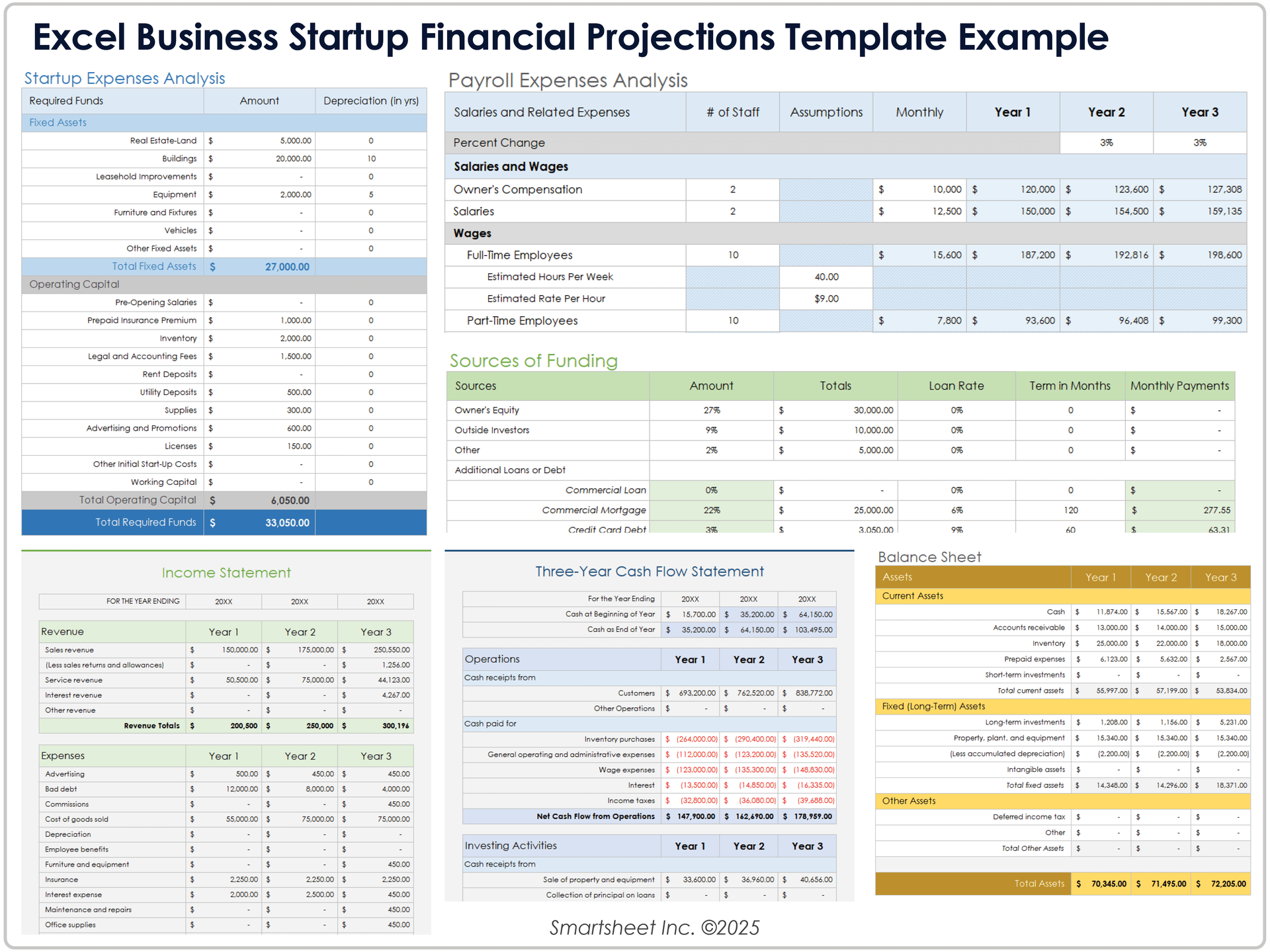IRS Audits Are Changing—And How You Can Use That to Your Advantage
Services for Real Estate Pros with Backoffice Squared
March 11, 2025 07:30 AM
No one wants to deal with an IRS audit, but here’s the good news: the chances of facing one are shrinking. Traditional IRS audits will become rarer due to recent layoffs and a shift toward automation. And with the right strategy, you can make tax season even easier for yourself.
Why Field and Office Audits Are Disappearing
In February 2025, the IRS laid off about 6,700 employees, including many revenue agents responsible for auditing high-income taxpayers and businesses. With fewer auditors, the IRS doesn’t have the resources to conduct as many in-person audits.
- Field audits (where an IRS agent visits your home or business) will happen far less often.
- Office audits (where you go to an IRS office to clear up tax issues) will also decline.
So, unless you have a seriously complicated tax situation, the odds of sitting across from an IRS agent are lower than they’ve been in years.
The Shift to Mail Audits & Automated Enforcement
Instead of in-person audits, the IRS will focus on correspondence audits—tax checks done through mail or electronic communication. These usually target:
- Mismatched income reports (W-2s or 1099s that don’t match your return).
- Missing tax forms.
- Unusual deductions or credits.
While these audits are less stressful, they can still be a hassle if you don’t respond quickly. With fewer audit people available, resolving issues could take longer.
A Smart Strategy: Filing an Extension & Checking Transcripts
One of the main reasons taxpayers get audited is mismatched income reporting—when what you report doesn’t match what the IRS has on file. The best way to avoid this? Wait until your IRS Wage and Income Transcript is available before filing.
Here’s why it works:
- The IRS releases these transcripts in May or June, showing all W-2s, 1099s, and other reported income.
- By filing an extension until October, you can check your transcript before submitting your return.
- This ensures everything matches, reducing the risk of an audit or correction notice.
Filing an extension doesn’t increase your audit risk, giving you extra time to ensure accuracy. Remember: if you owe taxes, you must pay by the April deadline to avoid penalties.
What This Means for You
With fewer IRS agents, in-person audits are less likely, but automated enforcement is still in play. To stay out of trouble:
- File an extension and check your Wage and Income Transcript before submitting.
- Keep records of deductions and credits in case of a mail audit.
- Respond to IRS letters quickly if you get one—ignoring them won’t make them go away.
Final Thoughts
The IRS will be changing its audit strategies. By filing smart—waiting for your income transcripts and ensuring everything matches—you can reduce your audit risk and avoid unnecessary headaches. A little patience and accuracy can save you big down the road.









